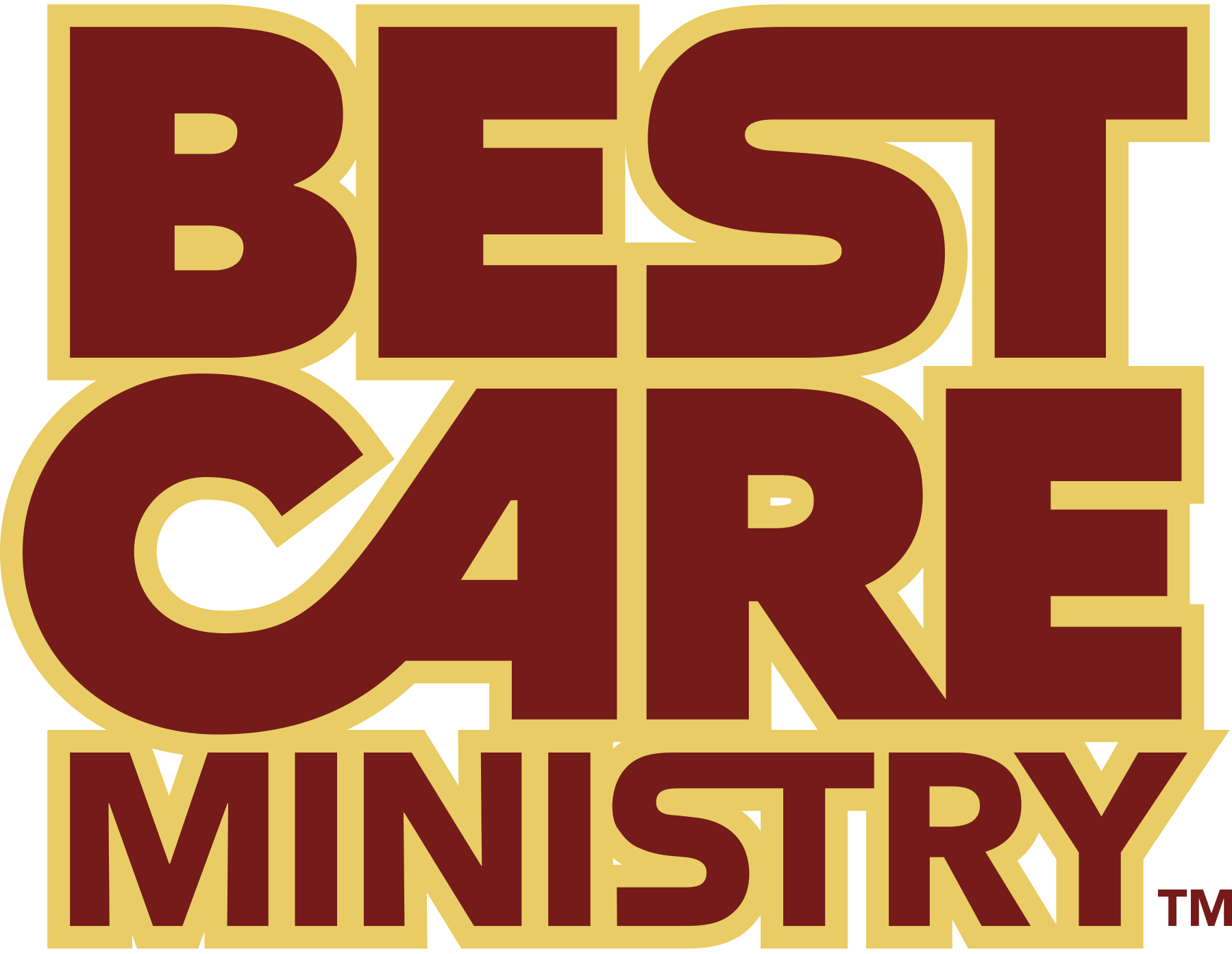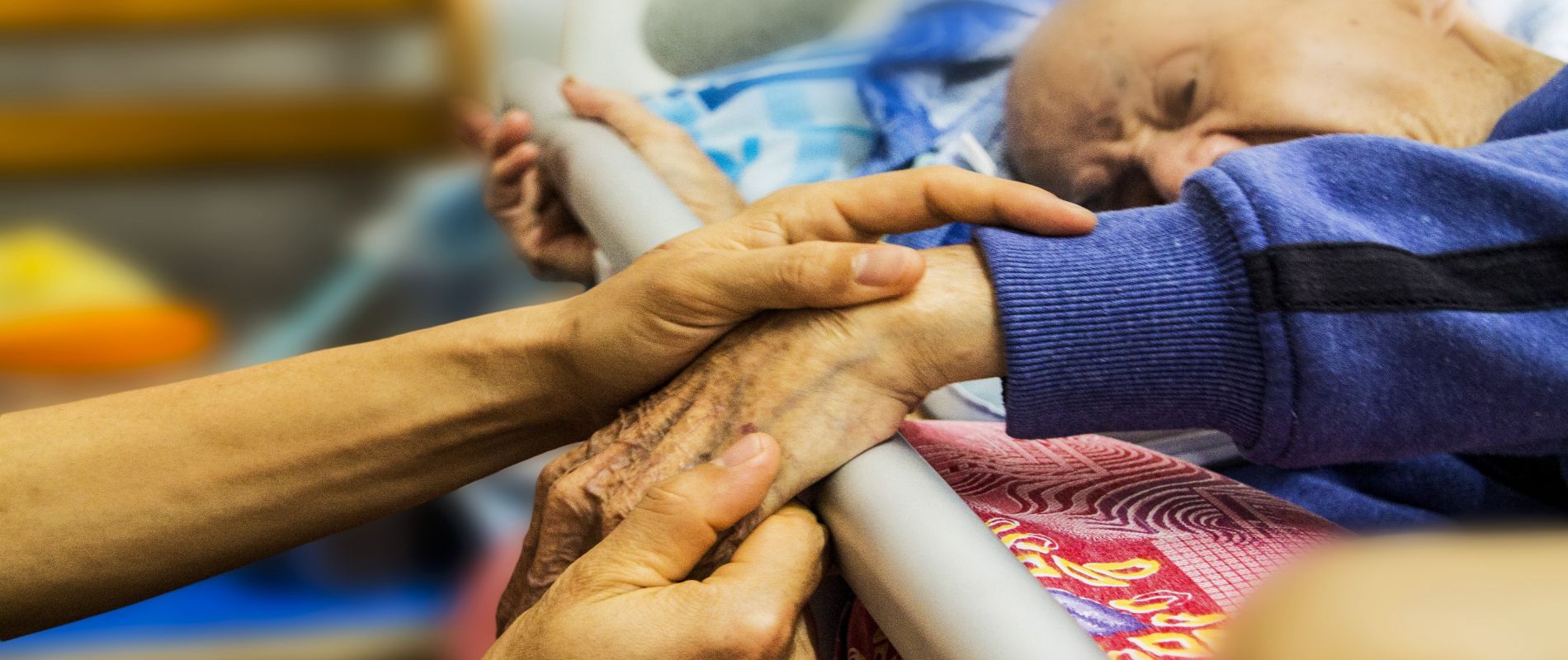Take time to care, even when it is inconvenient.
The nature of care ministry to respond to needs when they happen, and they often happen at inconvenient times.
Then news came mid-week that my wife's Dad developed heart problems. He was in the hospital with atrial fibrillation ( aka AFib). People live with AFib but also have strokes and die from AFib, so at 87 years old and with heart related deaths in his family, Susan was very concerned about her Dad in North Carolina.
There is never a convenient time for the things we hope will never happen. Our plans don't include these emergencies and they interrupt our full schedules. Adjustments to routines are made that define a father-daughter relationship and express the love they have for each other. There may not be a second chance for this type of visit.
Throughout our life in ministry, we have lived at least a couple hundred miles away from family--most of the years about 1500 miles apart. Visits were precious. They also required major trips that were expensive and required a lot of planning, so they didn't happen nearly enough. Susan lived with the constant sacrifice of being far away.
But we decided she would take the time, as much as needed, for her to be with her Dad. If the condition became worse, she would be there. She would be with her dad if he recovered, to attend doctor visits, understand the treatments and provide the practical support of caring for her Dad. The value of this time far surpassed the cost of month she was away.
Everything was said that needed to be said and done that needed to be done. While it did not make up for all the time that they missed seeing each other over the years, it did provide a
sense of fulfillment that they had an extended time of togetherness at a critical time. His condition plateaued, so she returned home, and with the peace that, if something catastrophic does happen, she has
no unfinished business.
Everything was said that needed to be said and done that needed to be done.
Another daughter to another father that I know of spent the last several months of his life out of state, at his home during in his final stages with cancer. The time well spent, revealed priorities, expressed love and avoided regrets.
Care pastors know, "you can't care in a hurry," so when someone comes to you, trying to decide what to do, help them to find a way to spend time with their loved ones.
Do we allow for the interrupt factors in our ministries too? During the busy Sunday morning activities at church, a 47-year-old man experienced a cardiac event in the church lobby. All normal activities were interrupted while the paramedics attempted resuscitation. Unfortunately, this young man did not survive. Now the memory of this trauma interrupts the normal rhythms and emotions of the church lobby.
Many plans and programs are interrupted by emergency surgeries, accidents, and an unexpected diagnosis. We are often frustrated, confused and perhaps angered by the inconveneince of this need for care. Those emotions are normal. But above the emotions we should be prepared to be interrupted. Can we pivot to respond to a need? Will we put our plans on hold and be present with the person who needs our care? Slow down? Listen?
Needs are to be expected. We need to raise up a culture of "Good Samaritans" who are trained to care and willing to be interrupted. When we do we will care better than ever before, people will feel God's care and we will live and minister with the knowledge that we did what mattered.
I hope this post helps you enjoy the benefits of care.











